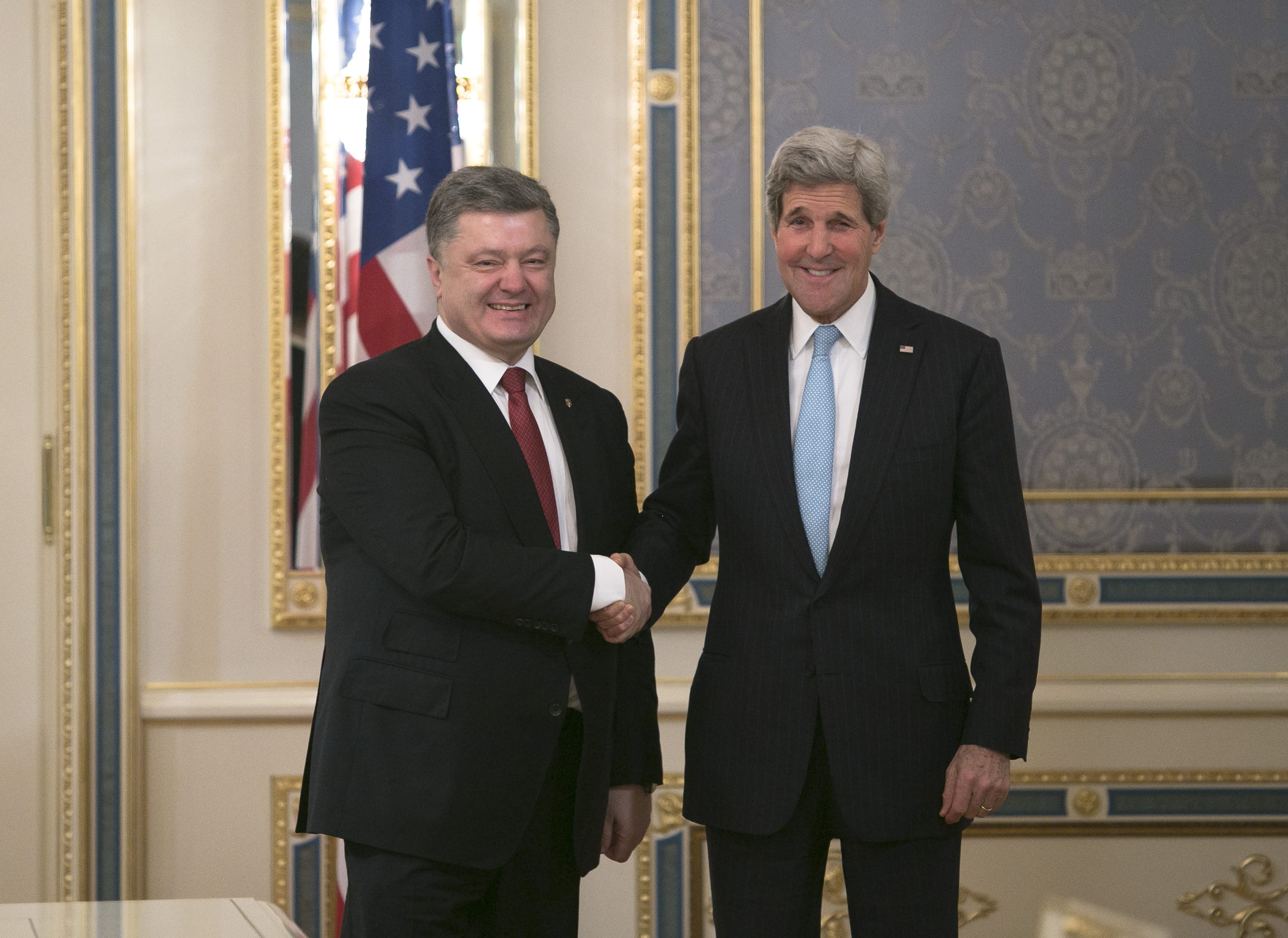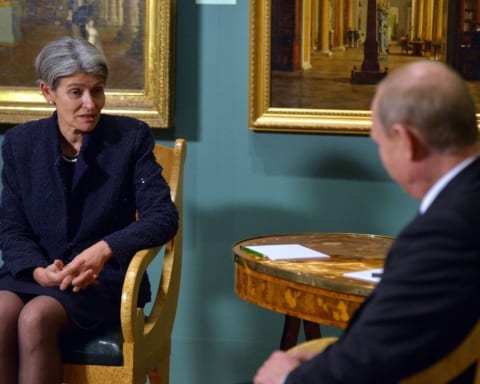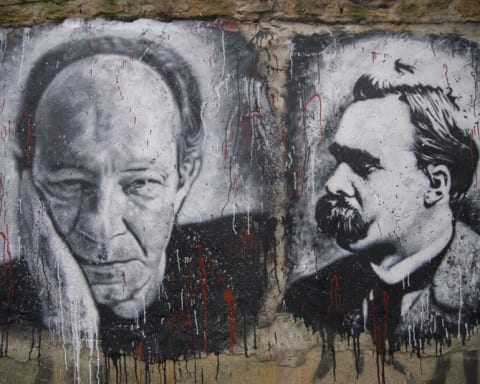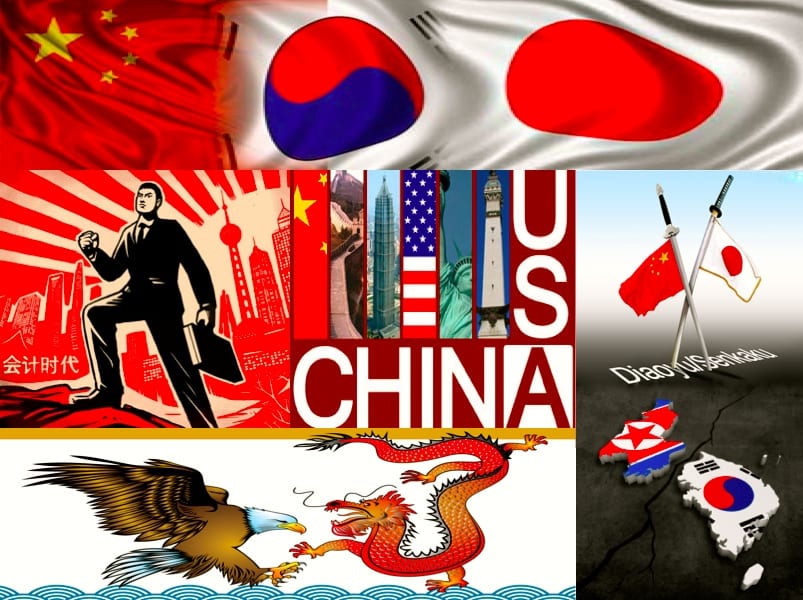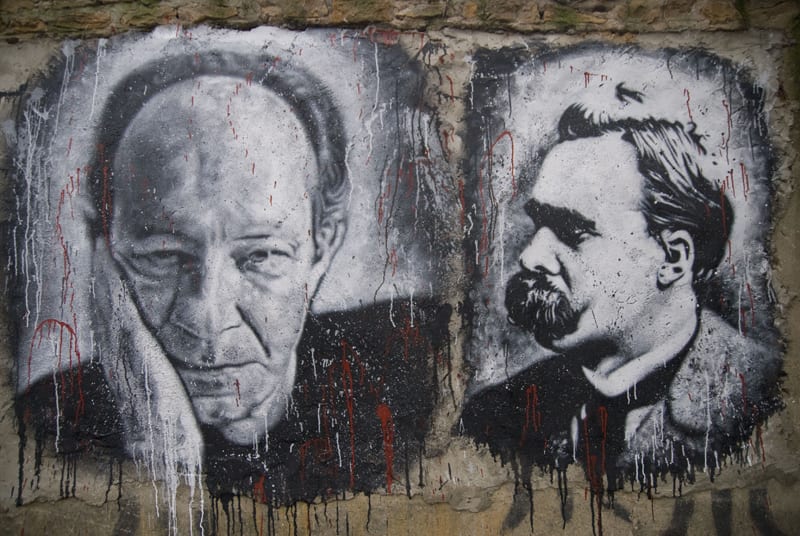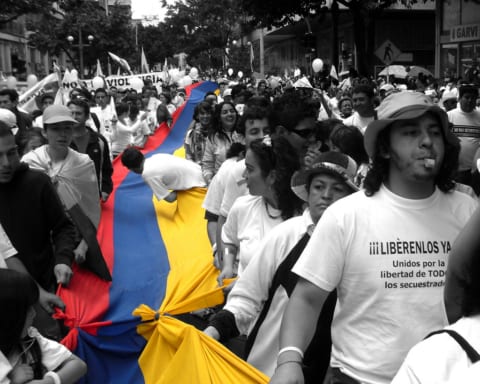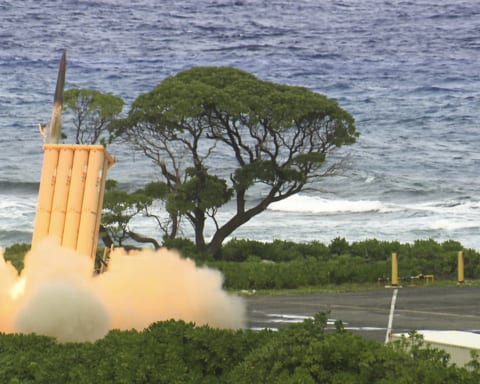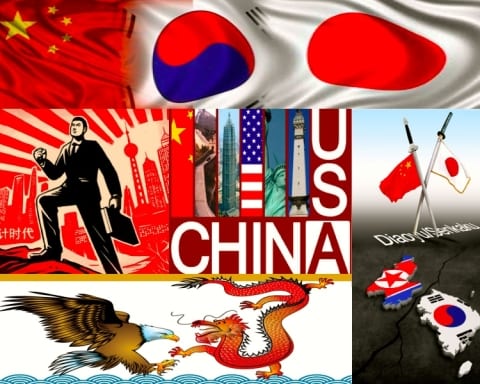A report by the British House of Lords chaired by Lord Tugendhat concluded that Europe sleepwalked into the conflict in Ukraine through a catastrophic misreading of the mood in the run-up to the crisis. As the report rightly indicated, there is good reason to question the institutional thinking within the Western political elite. Despite President Petro Poroshenko’s initial grandstanding, the needless suffering of Ukrainian people of all political stripes further confounds the logic of the West’s triumphalist attitude going into Ukraine.
History has an uncanny ability to mock human mendacity. It was barely 70 years ago that Europe was being torn apart by jingoism. Nazi Germany, discontent with massive punitive war reparations that came with the Versailles Treaty, found an opportunity in military expansionism to assault the logic of the hegemonic impositions of the victors. The reparations were in large measure economic instruments designed to achieve geopolitical outcomes. Similarly, looking back at the tumultuous cataclysmic events in Ukraine, the West was thrust into its worst security standoff with Russia since the Yugoslav Wars, thanks to the same misguided logic of Cold War triumphalism.
Since the fall of the Berlin Wall, an overdose of triumphalist Kool-Aid has made the West incapable of seeing beyond the horizon in its relations with Russia. This insidious aura of triumphalism so conveniently chose to ignore the dialectical truth behind the link between praxis and theory in strategic thinking, particularly in the post-Soviet space. This Western narrative of triumphalism is premised upon a disregard for the useful lessons of the post-Cold War epoch of mutual respect and stability that prevailed in the European theater. These are the same triumphalist sentiments that have largely shaped the unacknowledged tendency to wishfully consign Russia to the status of a diminutive power.
There has been a deliberate campaign in the Western narrative to present the crisis in Ukraine without references to the underlying context of the domestic political landscape. In doing so, there has been a drive towards distorting how the brazen Western determination to shape the outcomes of the wild domestic political swings was utterly misguided. Apart from the oft-cited stranglehold of the oligarchs, Ukraine’s political culture has been characterized by complexly-knit allegiances. One only needs to look at incumbent President Poroshenko’s history of political cross-carpeting, including his association with ex-President Viktor Yanukovych’s discredited Party of Regions (not to talk of the bitter split between the maverick Yuliya Tymoshenko and Viktor Yuschenko—the heroes of the Orange Revolution). The same can be said of the likes of Oleh Tyahnybok, leader of the far right Svoboda Party, with a history of couching his anti-Semitic views in abrasive ultranationalist rhetoric.
Contrary to the widely held view that Yanukovych was ousted for corruption, the true reason was his rejection of the EU’s Association Agreement. For all his faults, Yanukovych was never the worst of the kleptocratic bunch that has had a stranglehold on Ukrainian political culture. What is more bizarre is the fact that he came to power by roundly defeating the staunchly pro-Western Yuliya Tymoshenko in a free and fair election. Tymoshenko, known as “the gas Princess” and an oligarch in her own right, used her close association with convicted ex-Premier Pavlo Lazarenko to acquire monopolistic control of gas imports from Russia for her United Energy Systems of Ukraine.
The distortion of the Euromaidan Protests is premised on how it fundamentally differs from the popular 2004 Orange Revolution. It was Yanukovych and his political godfather ex-President Leonid Kuchma’s attempt to rig the 2004 elections that triggered the Orange Revolution. Confronted with the evidence of a legitimate grievance, the Kremlin did indeed call its surrogates to order, which is why Yanukovych gracefully returned to his political base in Donetsk to lick his wounds. Unlike the 2004 Orange Revolution, the overt and covert interference of Western forces in the Euromaidan Protests constituted an egregious affront to Ukrainian sovereignty, not to mention the pursuit of crude old-fashioned self-interest. It is hard to fathom that egging the Euromaidan protesters by the likes of Victoria Nuland and Senator John McCain could be taken lightly by the Kremlin. It also smacked of contempt for the majority of Ukrainian voters who elected Yanukovych mainly because of his declared pro-Moscow stance. Nothing demonstrates this wanton Western triumphalist romanticism than the willingness to overlook the illegal overthrow of a president whose policies deviate from the Western script.
Another example of the mob mentality that inspired the overthrow of Yanukovych were the hysterical retributive actions taken by the interim government against Yanukovych’s political base. The delisting of Russian as an official language, the free reign of far right paramilitary organizations, the secession of Crimea and the resulting punitive military campaign launched against the disaffected Southeastern Russian-speaking regions practically brought the genie out of the bottle. All was well and good in Ukraine in the minds of Western leaders as long as Yanukovych was hounded out of town, irrespective of how it was done.
Now that idealism is giving way to pragmatism, President Poroshenko is discovering, to his horror, that his macho style approach is foolhardy. Of course, this coming after losing Crimea, losing control of the east, a rising toll of body bags returning from the front lines, an economy in free fall and a bleak future. Descending from their high horses, John Kerry and Victoria Nuland both went to Russia in an apparent bid to get Moscow to pull the West’s chestnuts from the raging flames in Ukraine. An ancient myth has it that Tarquinius Superbus, the seventh and last King of Rome, rejected the initial price of the nine Sibylline Books of Wisdom because he felt that Sibyl was making an exorbitant demand. The incensed Sibyl started burning the first three sets of volumes, until Tarquinius, with a sudden stroke of genius, changed his mind and agreed to pay for the original price just for the remaining three volumes. So goes the striking parallels between the narrow worldview of Rome’s Tarquinius and the West’s quarrel with Russia over Ukraine.
